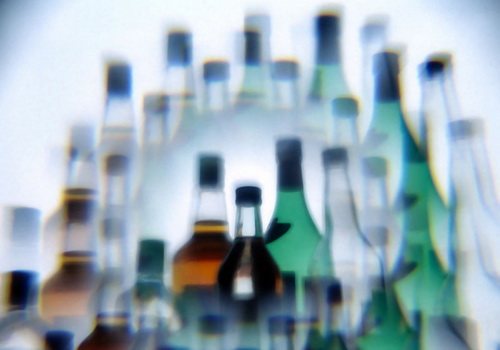
Alcohol Abuse
Most of us don't pop a beer or pour a glass of wine with the worry that we then might start seeing little people or hearing voices. However alcohol-related psychosis can occur when people are extremely intoxicated, and in chronic alcoholics who suffer a vitamin-deficiency related form of brain damage known as Wernicke-Korsakoff Syndrome. In this syndrome, there is still a connection to the real world, but there is a tendency to confabulate, that is, to attribute objective truth to imagination and hallucination. In these profound mental disorders caused by alcohol abuse, there is also usually loss of long and short term memory.
- Important notification about information and brand names used in this slideshow!
- Photo courtesy of Kotivalo by Wikimedia Commons : commons.wikimedia.org/wiki/File:Alcohol_bottles_photographed_while_drunk.jpg
- www.nlm.nih.gov/medlineplus/ency/article/003258.htm
- http://en.wikipedia.org/wiki/Hallucination
- http://www.patient.co.uk/doctor/Odd-Ideas-Delusions-and-Hallucinations.htm
- http://www.currentpsychiatry.com/index.php?id=22661&tx_ttnews[tt_news]=176396
- http://www.webmd.com/schizophrenia/delusional-disorder
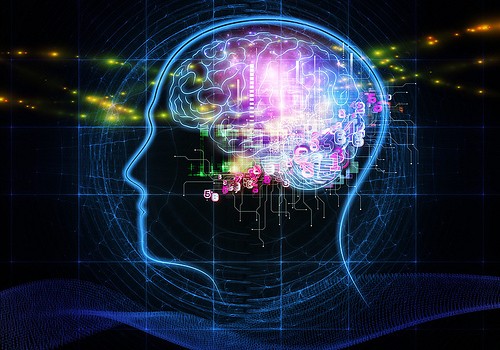
Neurotransmitter Imbalances
Did you ever eat something and feel a little wild, even when it was not, say, "magic mushrooms?" People who are especially sensitive to the neurotransmitter serotonin, which appears in nature in walnuts, tomatoes, and bananas, or the neurotransmitter dopamine, which appears in beans, sometimes experience strange neurotransmitter imbalances when they eat certain foods. People who use the antidepressant herb St. John's wort in addition to taking prescription antidepressants may have a similar experience. These underdiagnosed symptoms result from having too much of a neurotransmitter rather than too little. They tend to be the "flip side" of depression, a condition of having too many brain chemicals rather than not having enough. The solution? Watch your diet!
- Important notification about information and brand names used in this slideshow!
- Photo courtesy of Saad Faruque by Flickr : www.flickr.com/photos/cblue98/7254347346/
- Stevinson C, Ernst E. Can St. John's wort trigger psychoses? Int J Clin Pharmacol Ther. 2004 Sep. 42(9):473-80. Review.
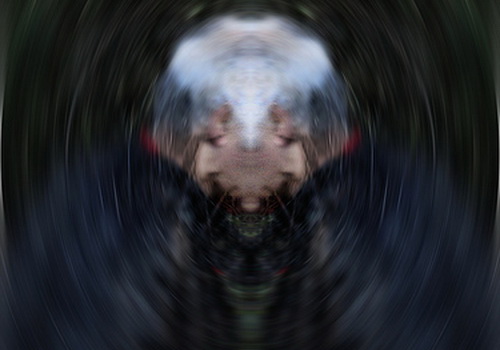
Schizophrenia
Schizophrenia is the condition most of us think of when we hear references to hallucinations, sensation of things that are not here, through imaginary sight, hearing, touch, taste, or smell, and delusions, organizing one's life around the validity of hallucinations. Delusions and hallucinations are seldom the only symptoms of schizophrenia. Most schizophrenics also suffer a lack of emotional intelligence, that is, they are unable to interact with and understand other people--which can be potentially dangerous both to them and others--and they tend to suffer disorganized thinking. Schizophrenia tends to emerge in the personality in adolescence and young adulthood, and is usually a lifelong condition.
- Important notification about information and brand names used in this slideshow!
- Photo courtesy of SeleneNera by Flickr : www.flickr.com/photos/7994920@N03/2281844019/
- Schizophrenia. Concise Medical Dictionary. Oxford University Press, 2010. Oxford Reference Online
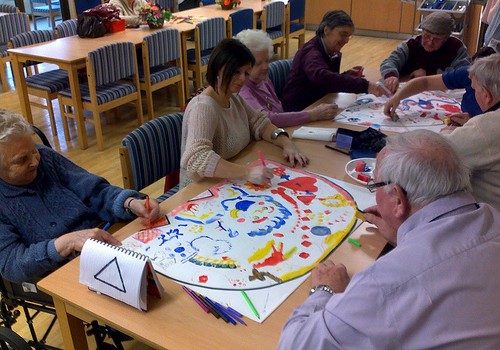
Dementia
One of the most difficult features of Alzheimer's disease, Parkinson's disease, and vascular diseases of the brain is the development of dementia, a chronic condition of madness in a previously competent person. Dementia is most common after the age of 65. It rarely strikes before that age as early-onset dementia. This condition may manifest itself in many different ways. Sometimes there is "full on crazy" hallucination and delusion. In other people, there may be a loss of problem-solving abilities, maybe something as simple as the loss of the ability to do arithmetic. And in most cases, there is a loss of decision making and social interaction skills, causing enormous frustration.
- Important notification about information and brand names used in this slideshow!
- Photo courtesy of Julian Partridge by Flickr : www.flickr.com/photos/julianpartridge/8722921294/
- Sadock, Benjamin James Sadock, Virginia Alcott (2008). Kaplan & Sadock's concise textbook of clinical psychiatry (3rd ed.). Philadelphia: Wolters Kluwer/Lippincott Williams & Wilkins. p. 52.
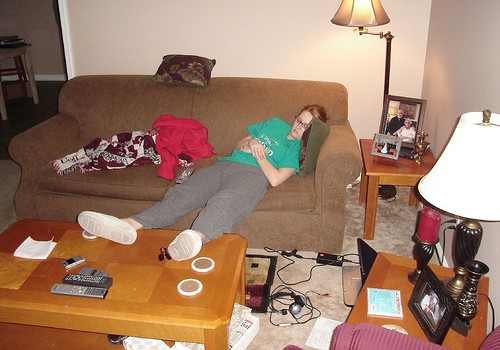
Narcolepsy
Narcolepsy is a condition that can be described as extreme sleepiness that, in extreme cases, can lead to sleep walking, sleep talking, and sleep eating, among other activities. It can be, but is not always, accompanied what are called hypnogagic (during the transition from sleep to wakefulness) or hypnopompic )during the transition from wakefulness to sleep) hallucinations that may be disturbing, comforting, or just plain weird. These hallucinations seldom become delusions, that is, people who have narcolepsy do not tend to reorganize their lives to accommodate what they hallucinate. With proper treatment, narcolepsy does not ruin a person's life, but without treatment, it can.
- Important notification about information and brand names used in this slideshow!
- Photo courtesy of Stuart Jones by Flickr : www.flickr.com/photos/stuartjones/514191447/
- Plazzi G, Serra L, Ferri R. Nocturnal aspects of narcolepsy with cataplexy. Sleep Med Rev. Apr 2008.12(2):109-28.
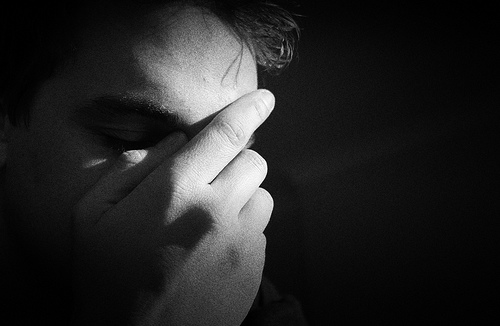
Psychotic Depression
Psychotic depression most often is a condition in which depression is accompanied by delusions of guilt, persecution, abandonment, inadequacy, or disease. As the brain tries to make sense of these horrible feelings, it may then create hallucinations of people and things that rationalize and explain, in a crazy way, those delusions. These hallucinations may be visual, auditory, haptic (touch), gustatory (taste), or olfactory (smell). Depression usually is not "psychotic" until there have been several episodes, but once depression comes with psychotic features, future bouts with depression typically also trigger a psychotic state. People who suffer psychotic depression are not necessarily schizophrenic, but like schizophrenics they are at high risk for suicide.
- Important notification about information and brand names used in this slideshow!
- Photo courtesy of Lloyd Morgan by Flickr : www.flickr.com/photos/lloydm/2305701220/
- Leadholm, Anne Katrine K.
- Rothschild, Anthony J.
- Nolen, Willem A.
- Bech, Per
- Munk-Jørgensen, Povl
- Ostergaard, Søren Dinesen (2013). "The treatment of psychotic depression: Is there consensus among guidelines and psychiatrists?". Journal of Affective Disorders 145 (2): 214–20.
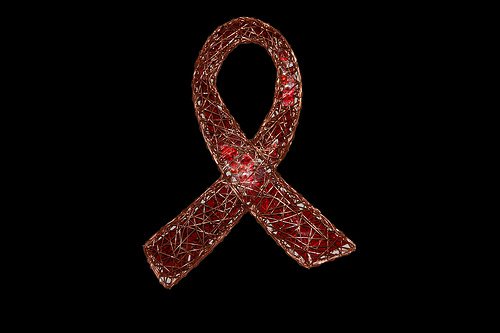
Life Threatening Illness
It is not at all unusual for people to have visions at the end of life. In many religious traditions, there is even an expectation that dying people will see loved ones and some glorious glimpse of heaven. Whether this is the product of a dying brain or on some level a reality, no one really knows, but in most cases it is a profoundly comforting and reassuring experience that seems to arise from someplace other than the day to day world. Many skeptics argue that these visions are hallucinations and that people who believe in them harbor delusions, but there is no reason to try to stop them.
- Important notification about information and brand names used in this slideshow!
- Photo courtesy of Jayel Aheram by Flickr : www.flickr.com/photos/aheram/4129059724/
- Nunc dimittis servum tuum: now lettest thou thy servant depart
- Minnie Gresham Machen, "The Bible in Browning" The Macmillan Company, 1903.
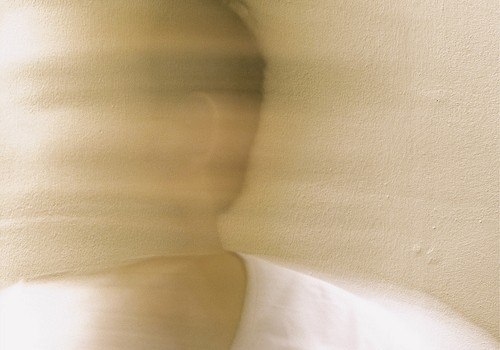
Delusional Disorders
Delusional disorders can occur in the absence of hallucinations, since they are a persistent belief in an incorrect interpretation of reality. Typically a delusion is a belief that could be true, but isn't. For instance, there are no laws of physics that would prevent the family next door from being an elite team of NSA agents sent to monitor signals a foreign government is sending your Internet-connected refrigerator, but it is highly unlkely. Similarly, people who suffer delusional disorders may be convinced that they have an erotic relationship with a famous person, or that they have ESP or powers of healing, or that their partners are unfaithful, or that they are persecuted. Delusional disorders can lead to regrettable decisions that ruin lives. They only occur in about 1 in 1000 people, but treatment is essential.
- Important notification about information and brand names used in this slideshow!
- Photo courtesy of Khairil Zhafri by Flickr : www.flickr.com/photos/poppacket/5463570536/
- Intellihealth. Delusional Disorder. http://www.intelihealth.com/print-article/delusional-disorder. Accessed 14 November 2013.
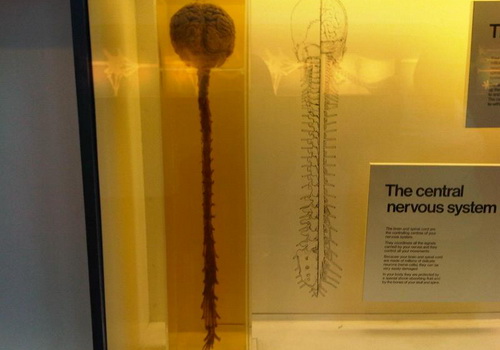
CNS Disorders
You might not think that you could get a bite from a tick and then start seeing things, hearing things, or maybe develop an emotional need to wipe door knobs, but that is what can happen in Lyme disease. Other common central nervous system disorders, including many infections, such as encephalitis or West Nile virus can cause hallucinations, even when the infection is so mild that other symptoms do not occur. These conditions do not typically result in delusions, that is, the person who has the hallucination may simply shrug it off it "That's the darndest thing," but almost any infection or injury or medication that has any effect on the brain can trigger a hallucination. A common trigger for a mild CNS disorder that results in hallucination is high blood pressure medication, especially the beta-blockers, including metoprolol.
- Important notification about information and brand names used in this slideshow!
- Photo courtesy of Emőke Dénes by Wikimedia Commons : commons.wikimedia.org/wiki/File:NHM_-_Central_nervous_system_2.jpg
- Goldner JA. Metoprolol-induced visual hallucinations: a case series. J Med Case Rep. 2012 Feb 15. 6(1):65. doi: 10.1186/1752-1947-6-65.
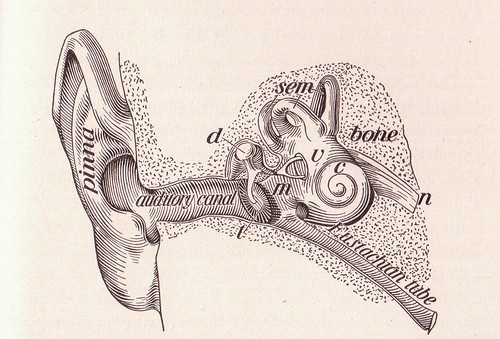
Ménière's Disease
We don't usually think of ear problems as potential sources of hallucinations, but that is a possibility in the middle and inner ear condition known as Ménière's disease. In addition to causing dizziness, vertigo, and hearing loss that tend to come and go, people who have this problem can develop tinnitus, the constant sensation of sound that does not originate in the outside world, and hallucinations, as the brain attempts to make sense of the sounds that just won't go away. Usually by the time this condition of excessive fluid accumulation in the fine vessels of the ears is causing hallucinations, it is also causing migraine, nausea, and vomiting, so "craziness" seldom results, just suffering.
- Important notification about information and brand names used in this slideshow!
- Photo courtesy of Sue Clark by Flickr : www.flickr.com/photos/perpetualplum/3974880498/
- Theilgaard A, Laursen P, Kjaerby O, et al (1978). "Menière's disease. II. A neuropsychological study". ORL J. Otorhinolaryngol. Relat. Spec. 40 (3): 139–46.










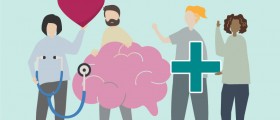

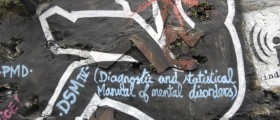
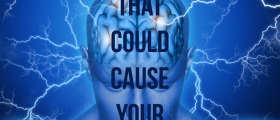
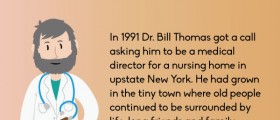
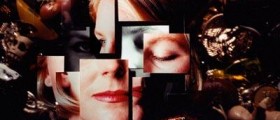



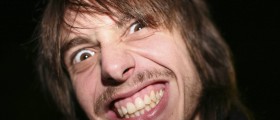
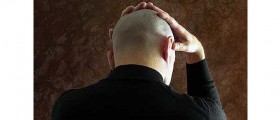
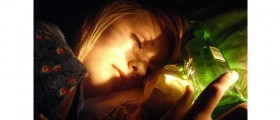



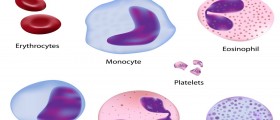
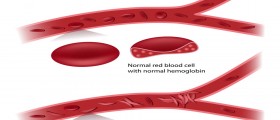
Your thoughts on this
Loading...